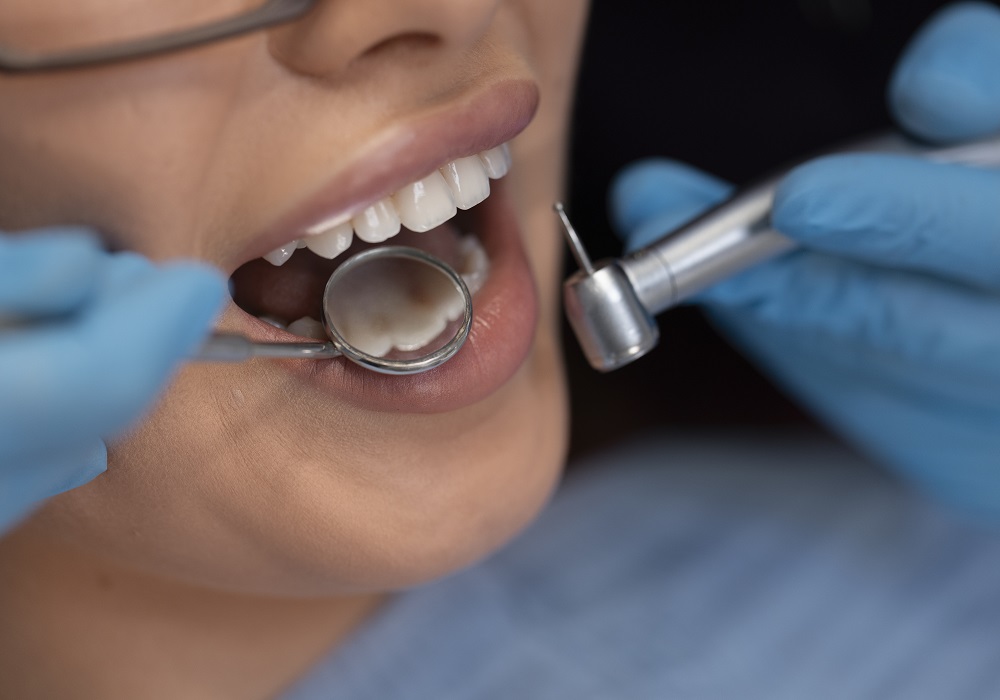Dental Insurance: Dental insurance is a kind of protection that subsidises the price of dental care. Typically, it operates by covering a percentage of dental costs in return for a monthly or yearly premium. The coverage, deductibles, annual maximums, and networks of participating dentists of dental insurance policies differ. Any dental insurance plan's precise conditions and restrictions should be carefully read before choosing one, though.
Dental insurance provided by the employer: Many firms include dental insurance in their employee benefits packages. Ask your company if dental insurance is offered and what it covers if you have a job. Compared to individual policies, employer-sponsored insurance frequently offers more affordable coverage.
Individual Dental Insurance: You can buy individual dental insurance directly from insurance companies if you're self-employed or ineligible for employer-sponsored dental insurance. To locate a plan that meets your needs, shop about and evaluate plans, coverage options, premiums, and deductibles.
Dental Savings Plans: Dental savings plans, sometimes referred to as dental discount plans, are membership-based programmes that let you pay an annual fee in exchange for special discounts on dental care from participating practitioners. Although these programmes don't operate like traditional insurance, they can offer discounts on a range of dental services.
Financing Options: If you need to cover the costs of dental treatments but don't have insurance or sufficient funds, there are financing options available:
A healthcare credit card that can be used for dental costs is CareCredit. You can pay for treatments over time thanks to special financing solutions that have low or no interest payments for a set duration. Before utilising this form of credit, it is crucial to read and comprehend the terms and interest rates.
b. In-House Financing: Some dental practises provide their patients with payment plans directly through in-house financing alternatives. This can be a more flexible alternative, but it's important to find out whether there are any fees or interest rates attached to the financing deal.
c. Health Savings Accounts (HSAs) or Flexible Spending Accounts (FSAs): If you have an HSA or FSA through your employer, you can use the funds from these accounts to pay for dental expenses. Contributions to these accounts are made on a pre-tax basis, providing potential tax advantages.
Remember to discuss your options with dental providers, insurance companies, or financial institutions to get a comprehensive understanding of the available choices and select the best one for your needs.
PPOs and HMOs are often cheaper but require patients to stay within their networks.
Dental insurance plans with preferred provider organisations (PPOs) and health maintenance organisations (HMOs) are two popular types that frequently provide cost reductions but have various network constraints. Let's examine each in more detail:
Dental insurance plans with PPOs offer a network of dentists who have consented to deliver services at pre-arranged rates. Compared to HMOs, PPO plans often provide more freedom in selecting a dentist. While you are free to visit whatever dentist you like, doing so will typically result in better benefits and cheaper out-of-pocket expenses. The insurance may still give some coverage if you decide to travel outside the network, but your out-of-pocket costs could be higher. Although PPO plans tend to cost more than HMO plans, they provide you more freedom to choose which dentists you want to see.
You must select a primary dentist from the HMO network if you have dental insurance through one of these health maintenance organisations (HMOs). Your regular dentist will oversee your dental treatment and, if necessary, send you to one of the network's experts. In comparison to PPO policies, HMO plans typically feature cheaper monthly rates and deductibles. But if you go outside the HMO network for dental care without a legitimate recommendation, your insurer might not pay anything except in an emergency. HMO plans include additional limitations on the dentists you can see, but they also provide greater cost savings.
When considering PPOs or HMOs, it's essential to review the network of dentists available in your area, as well as the coverage and costs associated with each plan. Assessing your specific dental needs, desired level of choice, and budget will help determine which type of plan is the best fit for you.
FAQ
The distinction is that members may lose any unused FSA funds and have them returned to their employer. FSAs typically go with conventional health insurance policies. An HRA is an account that is both employer-owned and -funded and is created to assist members in covering uncovered eligible medical costs.
What is the most common form of dental insurance?
The most popular dental insurance is a dental PPO. According to the NADP, dental PPOs account for 82% of dental insurance coverage. With these programmes, a network of dentists consents to treat patients for less money.



 Dental Checkup Services
Dental Checkup Services
 Our range of products
Our range of products
 Oral Care Blogs
Oral Care Blogs

Recent Comments